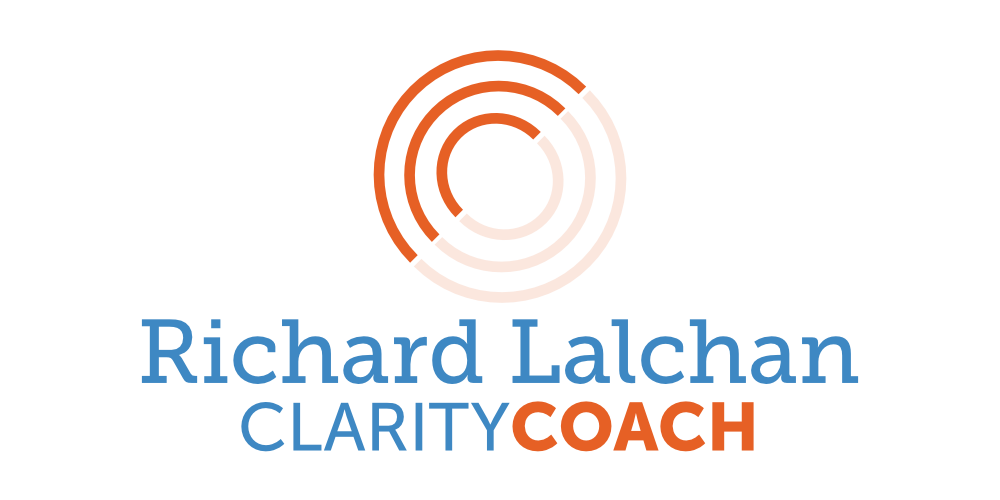The myth of the poor starving artist
Being an artist and creative, even today is still seen in a way that suggests ‘that’s a good creative hobby, but you’ll never make a living out of that’.
I remember when studying for my media degree in the 90’s some people suggested it was a waste of time. Art and media degrees were the butt of jokes, some proclaiming they were a good cop out from proper study. This was over twenty years ago, but it still goes on today. The suggestion, implied or otherwise is that creativity is not something serious and you should take up more ‘realistic’ job opportunities.
To nail this point, I was at a networking meeting once. I remember it clearly. I introduced myself to a woman in her mid thirties, and asked her what she did. With resignation and a hint of sadness in her eyes, she told me she was a tax advisor.
Now, I always find it fascinating when people say what they do. So much of our identity (wrongly in my opinion) is wrapped up in the things we spend most of our time doing. I could instantly tell she was after something more in life than where she currently was. Despite knowing the answer I still followed up by asking her if she liked her job. After a short pause, she declared ‘the people are nice’.
I then asked her one of my favourite questions to ask people. ‘If you could do anything, money, resources no issue, what would you do?’ It’s a powerful question and one which focuses the mind to visualise your ideal future. Yet, I’ve noticed so many people struggle with answering it. We’re so often told we can’t do this or that. We can be surrounded by naysayers and people who often want to limit us based on their own limiting beliefs.
Without skipping a beat she started to–far more passionately–tell me about her hobby which was photography. Every lunch break she would go out with her camera taking pictures. She loved learning new techniques and trying them out. Any spare time she had, she was out with her camera. I could so clearly see it made her come alive.
So I asked her, ‘How come you’re not doing it more, or even for a career?’ And then she hit me with her limiting beliefs. She said ‘my parents have said lawyers, doctors, accountants are proper jobs. A photographer isn’t.’
The writer Jeff Goins in his book Real Artists Don’t Starve has captured this well.
“There’s no money in art. It’s too risky. You’ll starve. So we end up choosing more stable careers. We become lawyers and doctors and bankers instead of poets and filmmakers and painters. We settle. The truth is we do not have to choose between a creative life and a prosperous one.”
It’s the myth of the poor starving artist and Jeff goes on in his book to outline just how many of the artists, led by greats such as Michelangelo actually were anything but poor and starving. He traces the routes of this myth and looks at why we still believe it today.
There are so many fascinating stories in the book, accounts of people like F. Scotts Fitzgerald, Hemingway, Picasso and lesser known artists such as The Highwaymen.
If we are held back by a truth, that’s OK. It’s just facing reality. But being held back by believing a lie is like living someone else’s life. Many people are not pursuing what they know in their heart they should be pursuing because of the myth that creativity does not pay.
I have to say here that it’s not all about the money or even a self-indulgent pursuit of happiness. That’s not Jeff Goins’ point in the book either. He gives an example of a finance worker in the city who hungered after more creative pursuits, but the answer was not to quit his job and go fully into his area of creativity. It was a change of mindset to realise it was actually his job in the city which was allowing him to finance his creative pursuits in the evenings and weekends.
There is not a one size fits all; a find what you love and find a way to get paid for it. We are all different, but the overriding factor is the belief that you CAN pursue your creativity–if you want to.
One question I ask when coaching creatives with lots of ideas, is ‘which of these ideas would you be most disappointed not having pursued in ten years time?’ That has a way of focusing the mind and helping to prioritise, to realise what’s really important.
And that’s what I’ll leave you with. Understanding that the poor starving artist is a myth; that you do have the permission to investigate making a living out of your creativity; that you don’t need to be held back by other people’s beliefs, what idea will you get started today?
If you’d like some help in getting going book a free call via the button below.

